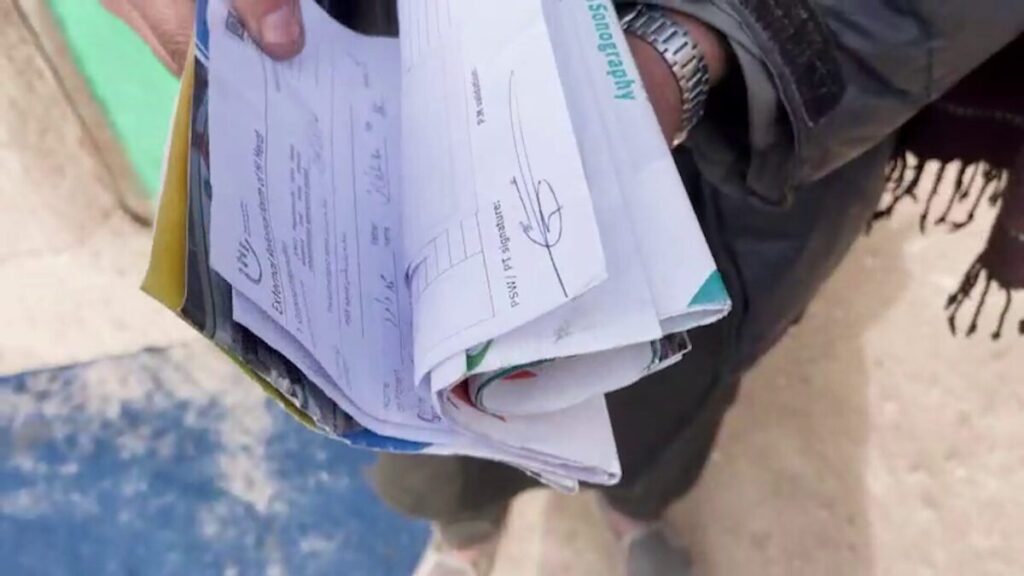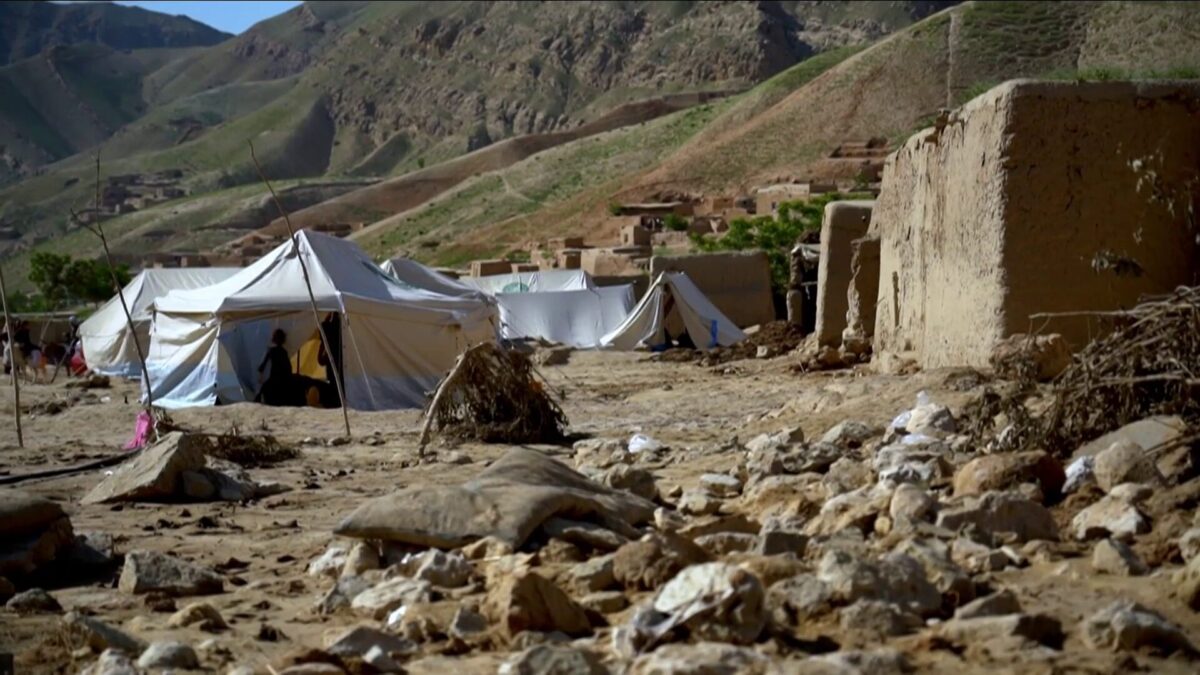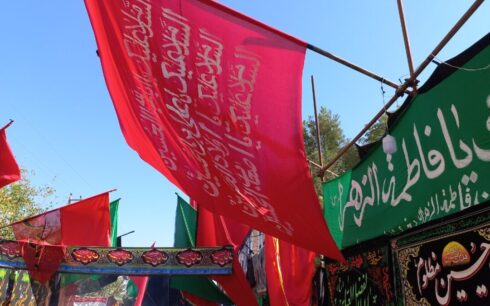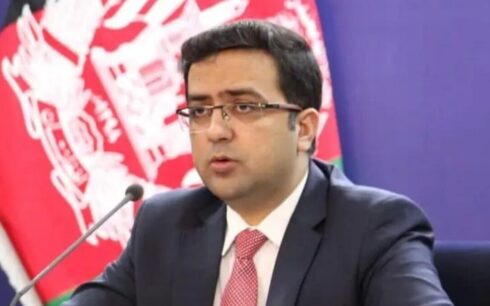KANDAHAR, Afghanistan — Many patients in Kandahar are forgoing medical treatment due to crippling poverty and widespread unemployment, deepening a public health crisis in one of Afghanistan’s most vulnerable regions.
Nesa, 12, suffers from liver inflammation, but her family cannot afford the cost of her treatment. “We simply don’t have the money,” her parents said, reflecting the struggles of countless families in the province.
Abdul Ghafoor, a resident of Kandahar, shared a similar plight. “Both of my children are sick, and I can’t afford their treatment,” he said. “I can’t pay for their operations or even basic medical care.”
The stories of Nesa and others highlight a growing crisis where economic hardships and limited job opportunities prevent timely medical intervention. Families are increasingly calling for greater access to affordable healthcare.

Khalilullah, another Kandahar resident, pointed to a folder of medical records documenting his heart condition. “I am sick and have no means for treatment,” he said. “We’re struggling to survive. If I manage to earn 50 afghanis, it goes toward feeding my children.”
Abdul Rasool, who looks for work on Kandahar’s streets, echoed the despair. “I have no money,” he said. “I stand by the road every day hoping for a job. When I do find one, I earn maybe 100 or 200 afghanis, which only covers basic family expenses.”
The challenges faced by these families are emblematic of broader complaints from rural residents about the lack of access to healthcare. Poor-quality services and high medical costs have further compounded the situation.
“Economic hardship has become a significant barrier to accessing healthcare,” said one local observer. Poverty, already a persistent issue, has been exacerbated by the country’s ongoing economic crisis.
For many in Kandahar, the choice between paying for healthcare and meeting basic household needs remains a stark and painful reality.





